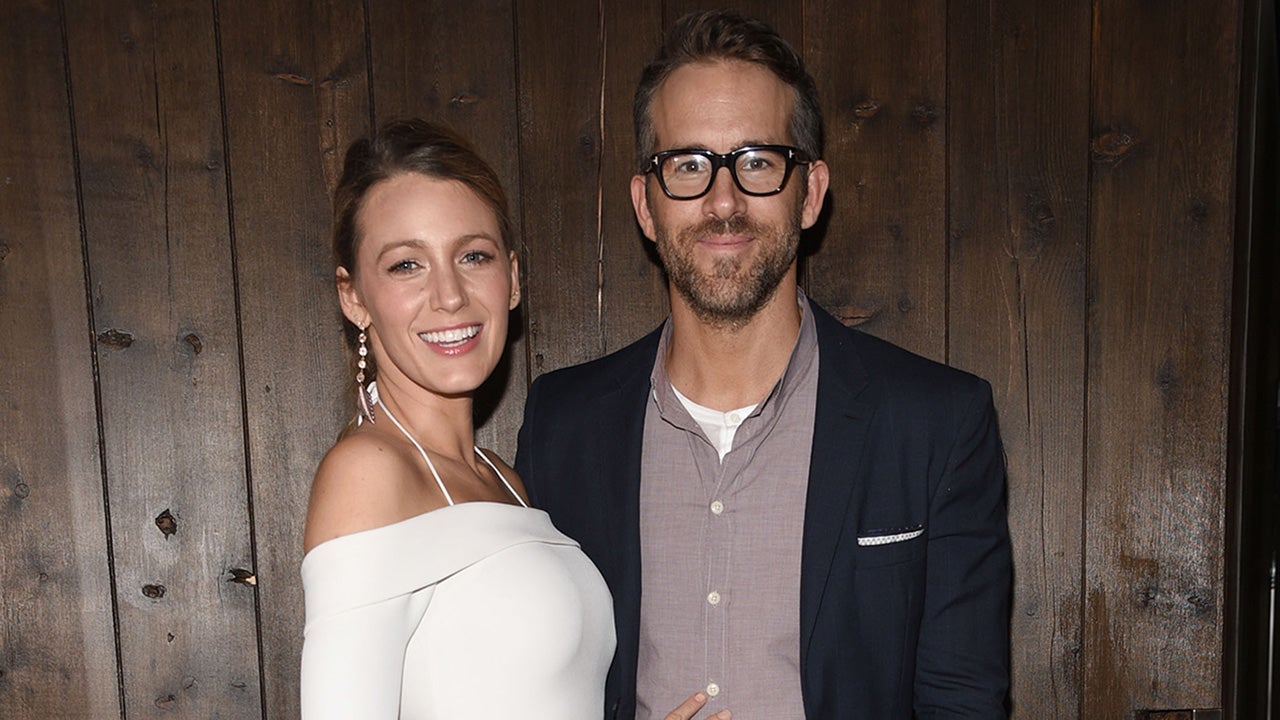Why does woke media have against “Joker”?
When it premiered at the Venice Film Festival last month, Time magazine’s Stephanie Zacharek slammed the film for a supposedly sympathetic portrayal of its protagonist, who could “easily be adopted as the patron saint of incels.” A flood of similar comments followed from critics who worried its morally ambiguous depiction of a psychotic mass murderer would incite real-world violence—that lonely and alienated young men would, like the riotous mobs in the film’s closing scene, see the Joker as a hero. As if to validate these overwrought concerns, the New York Police Department even deployed undercover police officers to opening-night screenings.
None of it has stopped “Joker” from a projected weekend debut of $90 million-plus. Part of what’s made it a box-office success is doubtless that we were all warned it was a dangerous and problematic film that some people might take the wrong way, and we can’t have that.
The film, as most everyone knows by now, is about Arthur Fleck, a mentally ill clown who lives with his mentally ill mother and dreams of becoming a standup comic. Played by a rail-thin (and very disconcerting) Joaquin Phoenix, Fleck has serious problems and is very much in need of real help, which he doesn’t get. Instead, he suffers a series of setbacks and humiliations and gradually slips into a violent psychosis.
By the film’s end, amid a violent city-wide riot, he has become a folk hero to the disgruntled rabble of Gotham. Amid random mob violence and societal breakdown, the Joker is born.
What critics have objected to above all is that Fleck is not portrayed as pure evil. He has actual reasons behind his violence. Simply put, he’s taking revenge on an unjust world that showed him too little kindness and no love at all.
In recent interviews director Todd Phillips has expressed his disgust with liberal Hollywood and “far-left” woke culture. But the objections of these woke critics notwithstanding, “Joker” isn’t really all that political. To the extent there’s a political analogy at work, it’s an indictment of the coarseness of civic life. There’s even a subtle anti-Antifa feeling to the masked Gothamites holding up signs that read “Wayne = Facist” and “Kill the Rich.”
The character of billionaire industrialist Thomas Wayne isn’t quite a Trumpian figure, but he is an unapologetic elite who’s entirely correct when he says there’s “something wrong with Gotham” and that the city needs help. He’s also telling the truth about Arthur’s mother, Penny, and her disturbing history of mental illness and abuse. In the end, he and his wife are killed not directly by the Joker, but by a random rioter inspired by the Joker’s psychotic violence.
At the risk of reading too much into what is, at bottom, a comic-book supervillain origin story movie, “Joker” is on some level an indictment. But not quite in the way liberals critics suppose. What “Joker” indicts is moral relativism.
Consciously or not, the film makes some implicit arguments, including an argument for compassion and community and against moral relativism and indifference. Here we have a profile of a disturbed man sliding into psychosis who gets no help from anyone—not least the government social worker who’s supposed to be helping him. It’s set in a city simmering with hatred and violence, where basic government services like trash collection have broken down.
A pop culture professor told the Washington Post that all the talk about potential real-world violence around the film is distracting from a great opportunity “to use the movie for a dialogue about questions like alienation, toxic masculinity and the fragility of whiteness.”
But “Joker” is really an opportunity for an altogether different dialogue about the role of families, about what people need most in life, about what makes for civic comity and solidarity. What it suggests, however unintentionally, is that maybe the best way to fend off the kind alienation and frustration that beset Arthur Fleck is with an intact family, a loving mother and a father.
Maybe the thing people need most in life is friendship and love and community. Maybe we need to rethink the way we’ve torn down the institutions and traditions that used to support these things. Maybe the radical atomization and isolation and autonomy of modern life doesn’t foster prosperity and happiness. Maybe we need to start taking these things seriously.
If we do, that will mean rethinking a half-century of progressive thought, and questioning whether it has all been a pack of lies. And maybe that’s the real reason woke media hate “Joker.”
Let's block ads! (Why?)
https://thefederalist.com/2019/10/05/why-liberal-media-hates-the-joker/
2019-10-05 12:12:55Z
52780400271610



